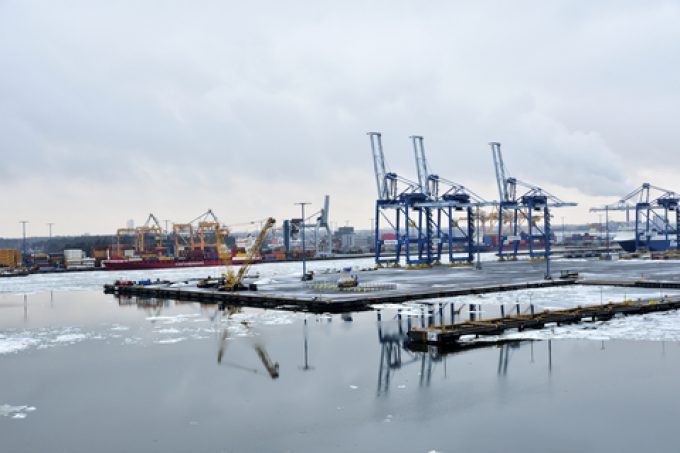Relief as Finnish port strikes are set to cease in bid to start talks
Finland’s supply chains look set for a reprieve after the country’s trade unions issued a ...

Finnish workers across the country’s factories have been told their wages could be immediately suspended – a consequence of the two-week transport strike gripping the country that is impacting manufacturing.
The Helsinki Times reported the decision of the Confederation of Finnish Industries (EK) last night, four days into industrial action that has shut Finland’s ports, and there are rumours that if union demands are not met, the strike will be extended for a further two weeks.
EK’s director general Jyri Häkämies said: “In layman’s terms, you could say that wages are paid for work that’s done.
“I’m sure the opportunities to do other work will be evaluated separately at each company. The conclusions are pretty straightforward in export industries; when exports aren’t moving, there’s no production.”
However, he rejected the assertion by the chair of the Central Organisation of Finnish Trade Unions, Jarkko Eloranta, that the decision was “retribution” for the strike.
Mr Eloranta said unions “would not take this lying down”, adding that EK had “instructed their member companies to take illegal action”, adding: “Individual employers will decide whether to abide by the employer organisations’ instructions.”
With the strikes hitting a wide range of industries, other business associations have made similar decisions, leading the Paperworkers’ Union to call for a legal ruling.
While the Federation of Finnish Enterprises (Yrittäjät), has urged members to think carefully before following the lead of EK, its MD, Mikael Pentikäinen, noted that although there had been “many kinds of problems”, he had not heard that work had to be halted entirely.
For the logistics sector, however, the impact was immediate, with not only ports hit, but the wider transport sector also grinding to a halt.
EK has forecast that, if sustained for the full fortnight, the strike will cost the Finnish economy some €320m.
Nor is it the first time tools have been downed in the rail freight sector this year, Finnish locomotive drivers walked out in February.
Meanwhile, the port of Helsinki’s director of freight, Vesa Marttinen, told YLE News that over the two weeks, the expectation was for 20,000 containers and 10,000 lorries to be caught up in the dispute.
He said some port authorities had decided that “consumer goods that do not spoil, such as bicycles and clothing, could be delayed by the strike by a few weeks to a few months”.
That decision has led to Finland-bound containers being spread across different locations, some stranded in ports such as Hamburg and Rotterdam, or still their country of origin.
It has also been reported that some vessels may resort to anchoring in Finnish waters as they await a berth at their destination port.
MD of the Finnish Port Operators Association Juha Mutru noted that, despite the prioritisation of time-critical cargo, some “non-urgent” shipments had been accepted.
Even so, Mr Mutru warned, BCOs and carriers would feel the strike in their wallets, adding that “if cargo is unloaded in the meantime, say in Muuga [close to Tallinn] and picked up there for reshipment to Finland, the extra stopover can be very expensive”.
Railfreight.com, quoting one of the unions involved, said the action would be suspended if the government softened the proposals that led to the dispute.
These include austerity measures and plans to reform the country’s labour market and reduce its social welfare net, the newly-elected government claiming the changes are a necessary response to “reckless state indebtedness”.
Comment on this article